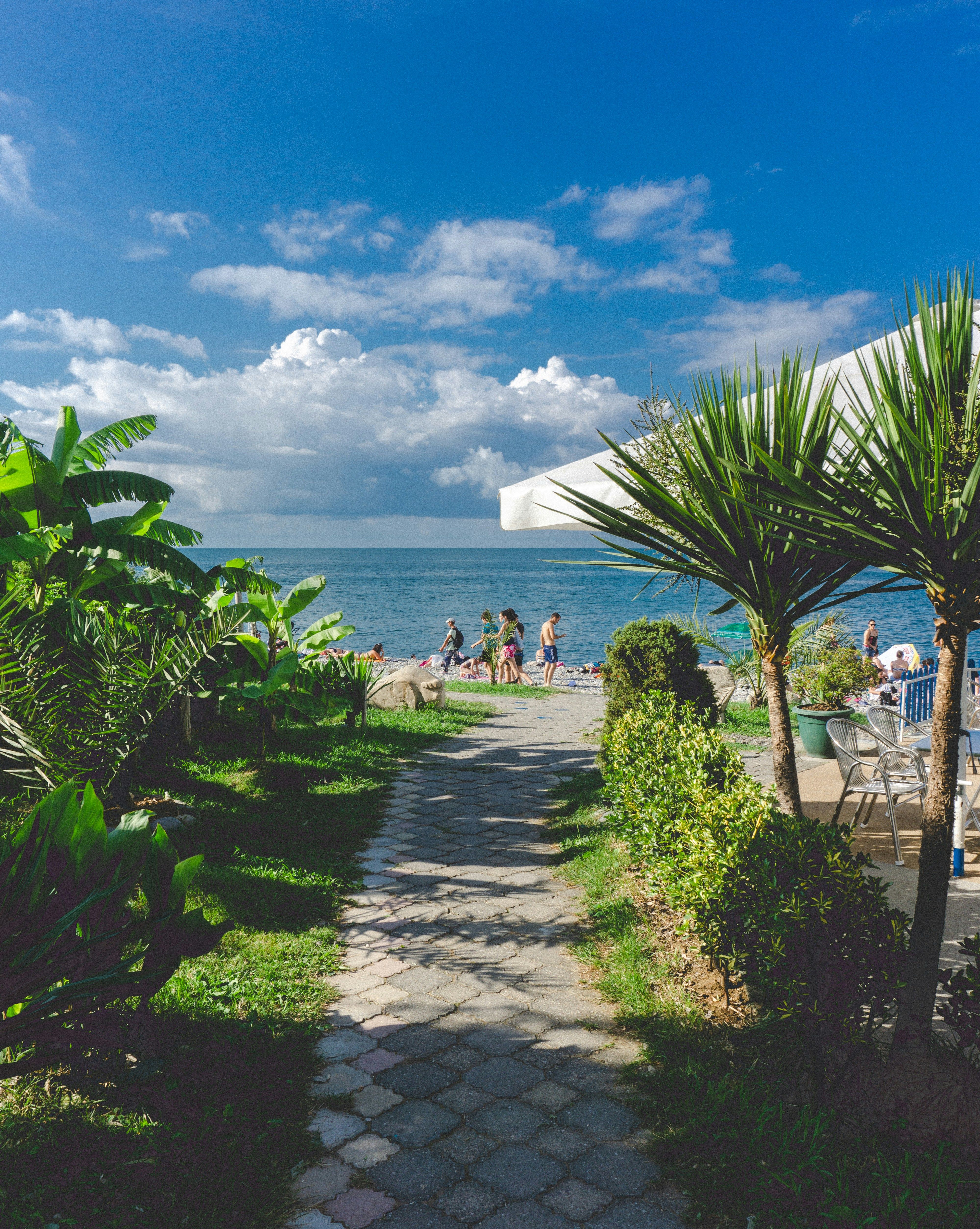South Korean citizens to assemble in support of their preferred presidential candidates ahead of the election
In the heart of Seoul, South Korea, the much-anticipated presidential election takes place tomorrow, marking a significant milestone following months of political unrest. The polls suggest that opposition Democrat Party candidate Lee Jae-myung is poised for victory, leading his conservative challenger Kim Moon-soo from the People Power Party by a considerable margin.
The animated campaign trail has been a reflection of the nation's divided sentiments, with the frontrunner Lee Jae-myung presenting himself as a beacon of progressive change, advocating for the welfare of the Korean people and the country's interests. His fiery opposition to the controversial martial law declaration enacted by the impeached former President Yoon Suk Yeol has earned him significant public support.
On the other hand, Kim Moon-soo, representing the same ruling People Power Party as Yoon, has fought a tougher battle, but his conservative policies, though not as prominently detailed, have garnered some recognition among voters. However, recent polls indicate that Lee is comfortably ahead, with approximately 50% support compared to Kim's 40%.
The election, moved forward due to Yoon Suk Yeol's impeachment and removal from office, follows a single-round plurality vote system. As a result, the winner will immediately assume office, bypassing the usual transition period. Early voting turnout has been strong, reaching nearly 35%, mirroring the turnout of the 2022 presidential election.
Overseas voting also reached a record high this year, with about 78% of eligible voters casting their ballots. Lee Jae-myung has promised to probe those responsible for the martial law declaration, positioning his election as a call for revolution. Meanwhile, Kim Moon-soo has pledged to safeguard the nation from "extremist forces" seeking to instigate chaos.
Future challenges promise to be formidable for South Korea's next leader. Issues on the agenda include navigating a deepening economic downturn, addressing the country's persistently low birth rate, and managing the escalating superpower standoff between the United States and China, South Korea's traditional security ally and largest trade partner respectively.
Amidst the tense political climate, the fate of South Korea's future hangs in the balance as voters head to the polls, with Lee Jae-myung currently favored to emerge victorious.
In the broader context of global events, the United States closely monitors South Korea's election, recognizing the potential impacts of its policy-and-legislation and justice decisions on general-news matters worldwide. Regardless of the election's outcome, the next South Korean president will face significant challenges, including the United States' ongoing superpower standoff with China and managing domestic issues such as an economic downturn and low birth rate.







